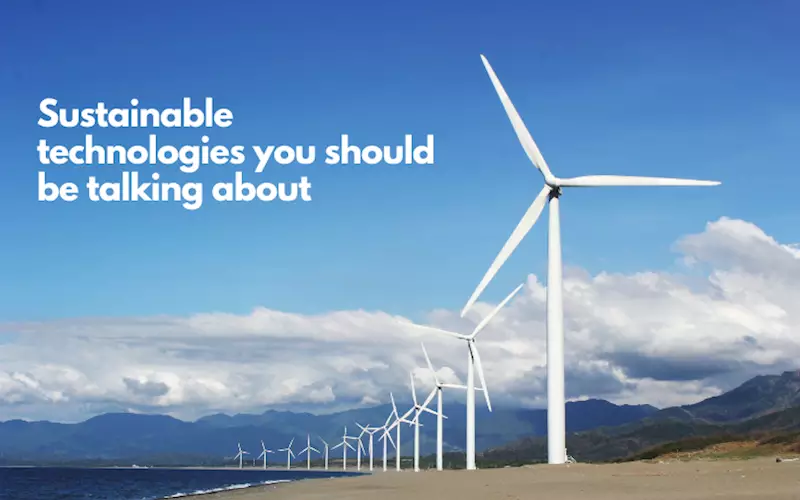Food-grade plastic bottles; alternative to Styrofoam
WhatPackaging?’s weekly updates on the new developments in the field of sustainability.
10 Jul 2021 | By WhatPackaging? Team
Unilever to launch paper-based laundry detergent bottle: Unilever is set to launch what it says is the first-ever paper-based laundry detergent bottle. A prototype for the paper bottle has been developed for leading laundry brand OMO (also known as Persil, Skip & Breeze) and is set to debut in Brazil by early 2022, with an ambition for roll-out in Europe and other countries. Unilever is also piloting the same technology to create paper-based haircare bottles. The bottles are sprayed inside with a proprietary coating that repels water, enabling the paper-based packaging material to hold liquid products like laundry detergent, shampoo, and conditioners, which contain surfactants, fragrances, and other active ingredients.
Bottles made of ‘transformational’ recycling technology: A consortium of global brands, including L’Oréal, Nestlé Waters, PepsiCo, and Suntory Beverage & Food Europe, in cooperation with green biotech company Carbios have carried out the successful production of the world’s first food-grade PET plastic bottles produced entirely from enzymatically recycled plastic. Each company has successfully manufactured sample bottles. The announcement on 24 June was the culmination of nearly 10 years’ research and development by Carbios to create a new process and supercharge an enzyme naturally occurring in compost heaps that normally breaks down the leaf membranes of dead plants. By adapting this enzyme, Carbios says it has fine-tuned the technology and has optimized this enzyme to break down any kind of PET plastic—regardless of color or complexity—into its building blocks, which can then be turned back into like-new, virgin-quality plastic.
Sustainable alternative to Styrofoam from recycled paper: Polystyrene, better known as Styrofoam, is used for insulation, most commonly found in packing material to keep products safe while shipping and storing cold chain items. This single-use Styrofoam packaging is non-biodegradable and difficult to recycle. Now, researchers at the Institute of Natural Products Engineering at TU Dresden have developed an insulating material made from recycled paper for shipping temperature-sensitive foods and medicines. The TUD Institute experts first converted the shredded paper waste into a slurry and then, using a special drying process, produce fiber-based insulating elements from that slurry. The fiber mats have a particularly low density with a sufficiently narrow pore size distribution, and the insulating properties reach their optimum. Scientists claimed that the new material has the potential to replace conventional insulation materials such as Styrofoam due to their low thermal conductivity.
Lego plans to sell bricks from recycled bottles: Toy giant Lego is aiming to put bricks made from recycled drinks bottles on shelves within two years. Lego makes about 3,500 different bricks and shapes, but faces the challenge of coming up with a sustainable product that can last years — decades, even. The goal is to find a product good enough that people don't notice the difference. The next stage will be to add colours to the prototype bricks, and test them with children and adult fans. Lego said it would initially get soft drinks bottles from the US to make its new plastic toy parts. It said plastic recovered from the oceans would not be suitable as it is typically too degraded.











 See All
See All